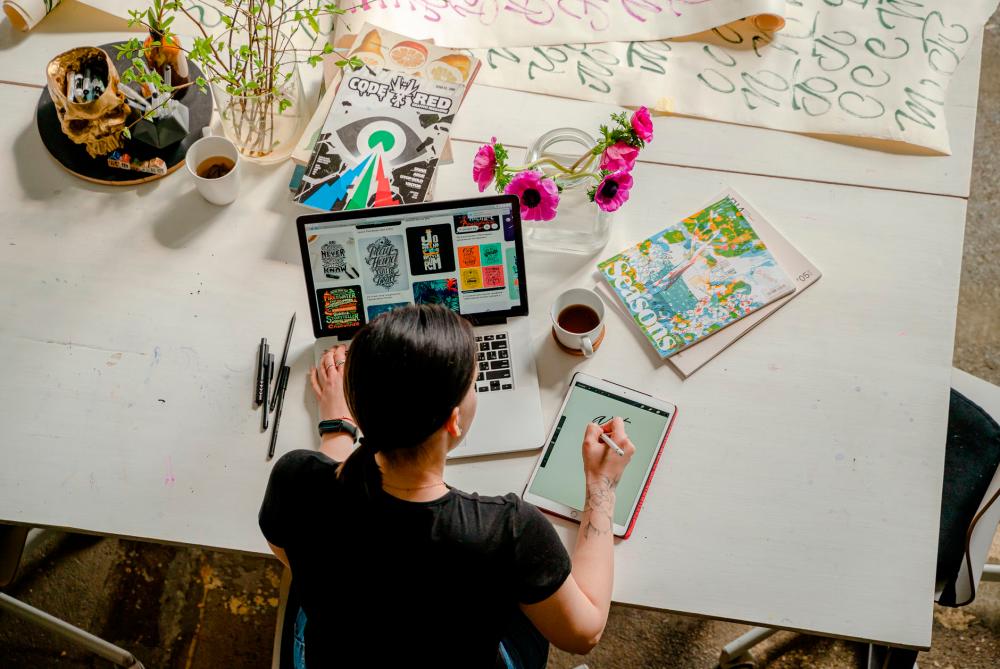PETALING JAYA: Are you a Malaysian artist working in either traditional or the tech medium who needs to know how to digitise your work into an NFT (non-fungible token) with minimum hassle?
Enter NFTapir. A new Malaysian-born online NFT marketplace with a very unique mission to ignite a movement to digitise the Malaysian fine arts space.
The company aims to elevate the profiles of local artists to global collectors by empowering them with digital knowledge and preparing their entry into the metaverse of the digital arts economy in Malaysia.
A non-fungible token is a non-interchangeable unit of data stored on a blockchain – a form of digital ledger – that can be sold and traded.
For those unfamiliar with an NFT, it is essentially a digital record of ownership minted by the artist that is attached to an artwork that sits on the blockchain.
NFTapir’s co-founder Zang Tan said the main pain point artists are addressing lies with “decomplexing the NFT journey”.
“By offering true-gas-free minting, we have reduced the clutter typically required by artists to mint their very first works.
“With NFTapir, there is no need to scout for a crypto exchange to purchase tokens, which usually involves familiarising with another complex tool. They can start as soon as they have a MetaMask wallet setup and apply for onboarding through our platform,” he told theSun.
Tan said the accompanying benefits of digitising artworks include better preservation of value, record of ownership and royalty earnings that are all features enabled by blockchain technology, which are seen as value add for artists and collectors.
Moreover, the site allows for physical art pieces to be included into the NFT space, making it the country’s first curated NFT marketplace with physical art support using the “Phygital” framework.
So it does not matter what medium an artist uses, almost every art piece can be digitised and listed as an NFT.
“This framework is unique to our platform, as from observation, the arts community in Malaysia is highly active in trading while their market access to collectors remains limited, with much opportunity to scale in the digital metaverse,” he said.
Citing the recent lockdown, Tan said many artists had taken their art to social media platforms such as Facebook to conduct digital sales. However, they found it unsustainable as existing platforms are simply not made for such purposes and have limited reach.
“This framework will open the NFT avenue to contemporary artists so that they can easily become a part of its ecosystem and start offering NFT as a value add to their collectors, especially the younger ones who are now demanding NFT.”










